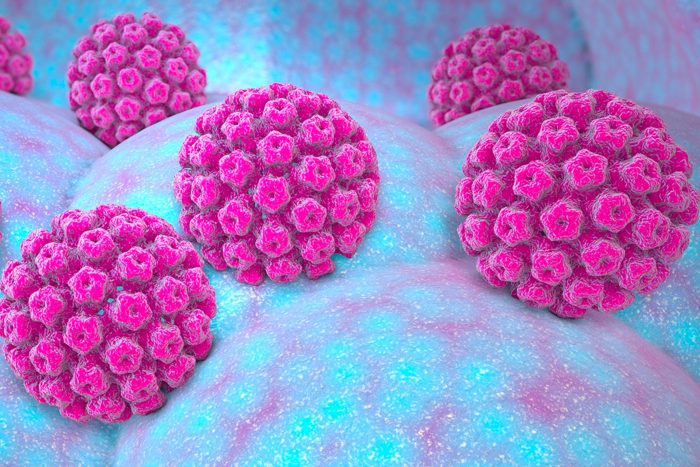
HPV Awareness Overview
A decline in the awareness of the association between human papillomavirus (HPV) and cervical cancer has been observed among Americans, as indicated by survey data presented at the AACR Annual Meeting 2023. The survey also revealed low levels of understanding that HPV is responsible for anal, oral, and penile cancers.
HPV Survey Insights
According to the study’s principal investigator, Eric Adjei Boakye, Ph.D., over 90% of HPV-related cancers could be avoided through HPV vaccination. However, vaccine coverage remains insufficient. Today, only 54.5% of adolescents in the United States have received the recommended doses of the HPV vaccine, which is significantly lower than the U.S. government’s target of 80% coverage for adolescents.
Past studies demonstrated that a person’s likelihood of receiving the HPV vaccine increases when they are aware that HPV can cause various types of cancer. To evaluate the current understanding of HPV and its link to cancer, Adjei Boakye and his team analyzed data from the Health Information National Trends Survey (HINTS) at five different time points between 2014 (HINTS 4 cycle 4) and 2020 (HINTS 5 cycle 4).
Participants were asked whether they believed HPV could cause anal, cervical, oral, and penile cancers, with response options being “yes,” “no,” or “not sure.”
In 2020, the researchers discovered that only 70.2% of participants were aware that HPV can lead to cervical cancer, a decrease from 77.6% in 2014.
Throughout the study period, knowledge regarding HPV’s role in causing anal, oral, and penile cancers remained low. Awareness of HPV’s link to anal cancer decreased from 27.9% in 2014 to 27.4% in 2020. At the same time, the understanding of its connection to oral cancer dropped from 31.2% to 29.5% during the same period. Additionally, knowledge of HPV’s association with penile cancer fell from 30.3% to 28.4%.
Final Thoughts
Adjei Boakye highlighted the pressing need for public education on the fact that HPV can cause all four types of cancer examined in the study, as well as vulvar and vaginal cancer.
To improve vaccine coverage, Adjei Boakye emphasized the importance of increasing the public’s understanding of the connection between HPV-related cancers and HPV vaccination. He also explained that the initial public health campaigns about the vaccine strongly associated it with cervical cancer. Consequently, many people are aware of HPV’s link to cervical cancer but remain uninformed about its connection to other cancers. Finally, he suggested that efforts to raise awareness of all HPV-associated cancers could benefit public health.
Adjei Boakye believes that the decline in HPV and cervical cancer awareness likely stems from multiple factors and will require diverse strategies to address. One possible reason could be the increased emphasis on training healthcare providers to promote and administer the vaccine, which may have shifted resources away from public information campaigns. He recommended a coordinated effort from healthcare providers and public health experts to enhance awareness.
Studies demonstrated high public trust in information about HPV when it comes from healthcare providers. Adjei Boakye suggests that providers should take advantage of every clinical visit to inform patients about the causal relationship between HPV and HPV-related cancers and the cancer prevention benefits of the HPV vaccine.






